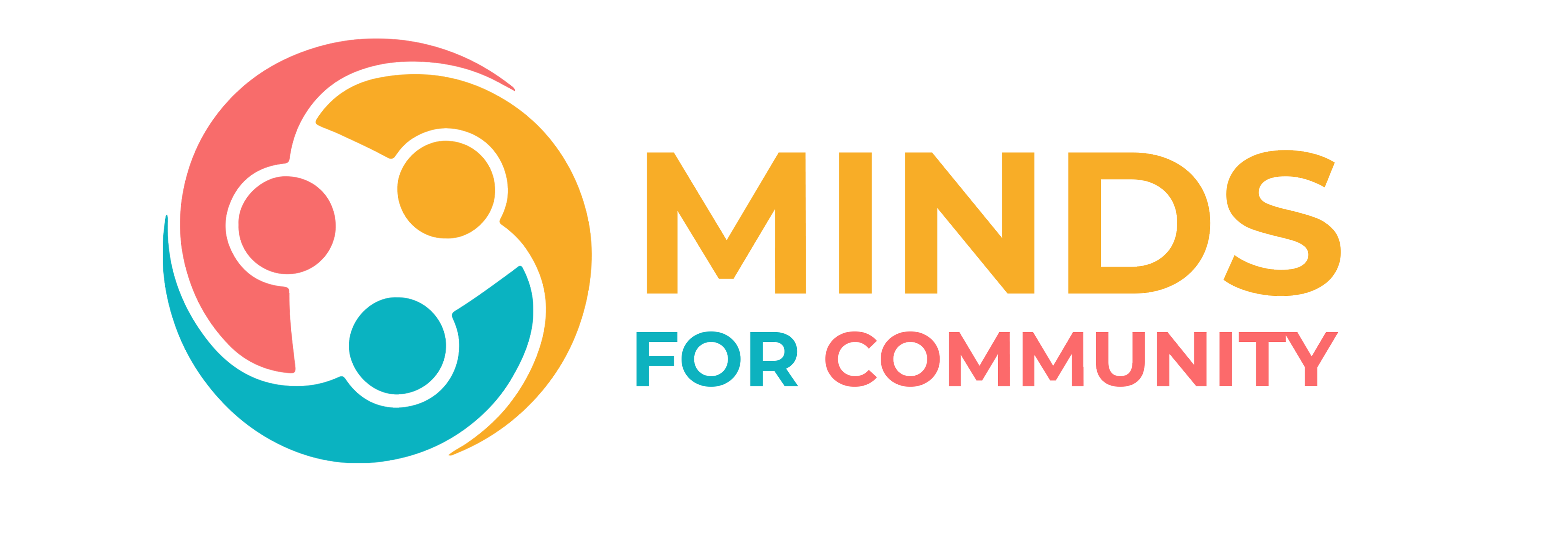An American educational expert and consultant concluded by identifying three methods and strategies to calm children and control their anger, thus reducing any aggressive behavior that they may resort to, as they become more able to control their emotions and respond to the situations to which they are exposed.
The American expert specializing in raising children, Dr. Jeffrey Bernstein, said in an article published on the “Psychology Today” website and viewed by “Al Arabiya.net” that there are three effective strategies to help reduce a child’s anger that the father and mother can adopt in order to improve their children’s behavior.
First strategy
The first strategy that Bernstein talks about is “teaching the child emotional regulation techniques,” by encouraging the child to replace negative thoughts with thoughts that are more compassionate and flexible with the self. For example, instead of saying, “I am bad and nothing suits me at all,” train your child to say : “Yes, this is difficult, but it is not the end of the world.” This means reformulating negative beliefs into beliefs that are more beneficial to the child and to those around him as well.
The educational expert says that the father and mother should help the child identify and challenge negative beliefs, and then replace them with more constructive and optimistic expressions.
The expert also recommends that the child should be taught not to react rashly, and says: “Encourage your child to breathe deeply when he feels angry. Teach them to inhale slowly through their nose and exhale through their mouth. Regular deep breathing can help calm them down in stressful situations.”
Second strategy
The second strategy is “promoting open communication and active listening.” Bernstein recommends that parents make sure that the child feels comfortable expressing his feelings without fear of judgment or punishment. “It is important to teach children that anger is a natural emotion, and that it is okay to feel angry.” But it is also important to express it appropriately.”
He adds: “When your child is angry, actively listen to their concerns without interrupting or ignoring their feelings. Think about what they are saying to show that you understand their feelings and validate them. This will help them feel that their voice is heard.”
Third strategy
The third strategy for controlling a child’s anger is “teaching problem-solving and conflict resolution skills,” as Bernstein stresses that it is necessary to help the child “identify situations, events, or people who tend to arouse his anger, by identifying these stimuli in a way that makes it possible “Anticipate and manage their emotional response better.”
He adds: “Encourage your child to exchange ideas and explore different solutions to the problems or conflicts they face. Teach them to think about the consequences of their actions and their impact on others, and promote empathy and understanding.”
He continues: “Help your child develop empathy by encouraging them to think about how others feel in a given situation. This can help them develop a more understanding and compassionate attitude, which may lead to lowering their anger levels.”
Author Bernstein concludes by saying, “It is necessary to remember that each child is unique, and it is necessary to design strategies that suit his age and stage of development. Consistency, patience, and support are the key to helping your child manage his anger effectively. If you have persistent concerns about your child’s anger or… “If his anger becomes distressing or harmful, it may be helpful to seek guidance from a qualified professional, such as a child psychiatrist.”
It is noteworthy that Dr. Jeffrey Bernstein is a well-known parent trainer and psychologist in the United States. He has more than 30 years of experience in providing counseling to children, adolescents, couples, and families. He also participates in seminars and events on children’s behavior, and has many books and published publications. It is widely popular and is considered a reference in the educational field.






